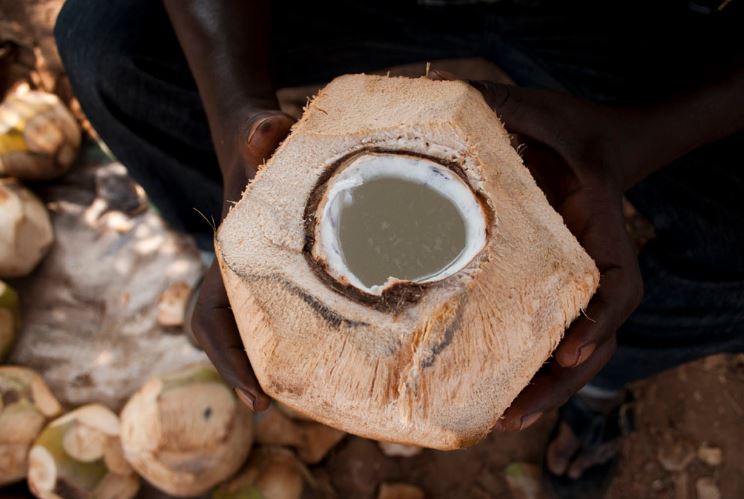×
The Standard e-Paper
Home To Bold Columnists

At the junction of Peponi and Spring Valley roads in Nairobi, a ‘madafu-fuelling station’ has been set up.
Madafu, or unripe coconut, is popular along the Coast for its juice. The coconut is cracked open and you can drink the juice through a straw or drain it into a container. It’s sweet and natural. No additives, just as nature intended.







